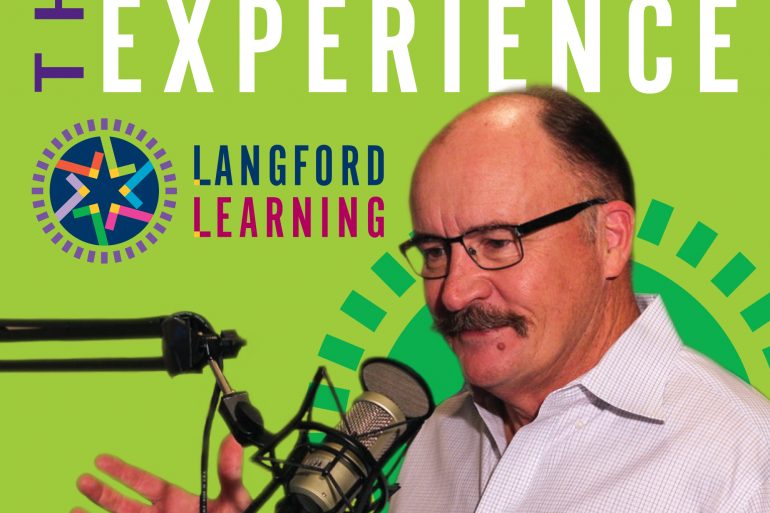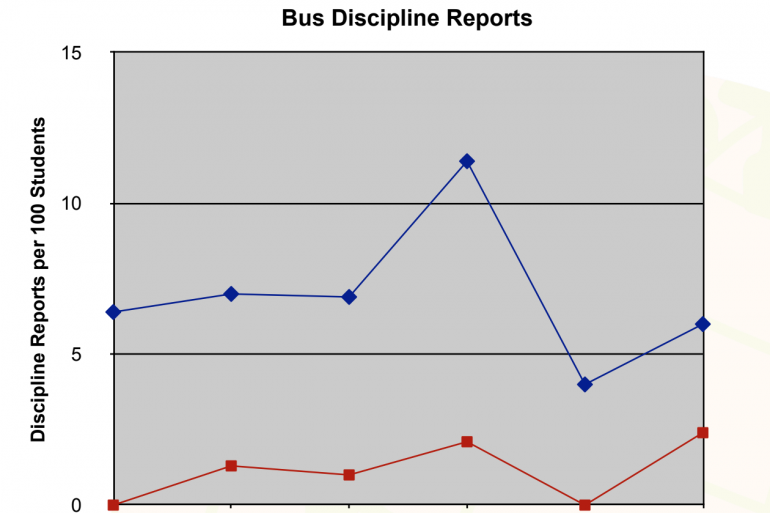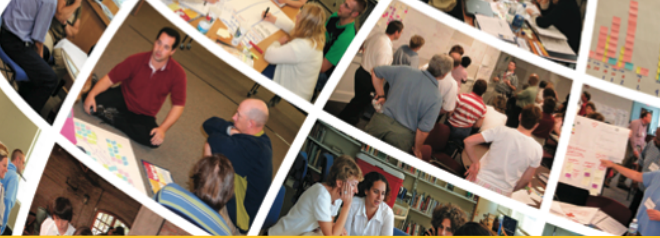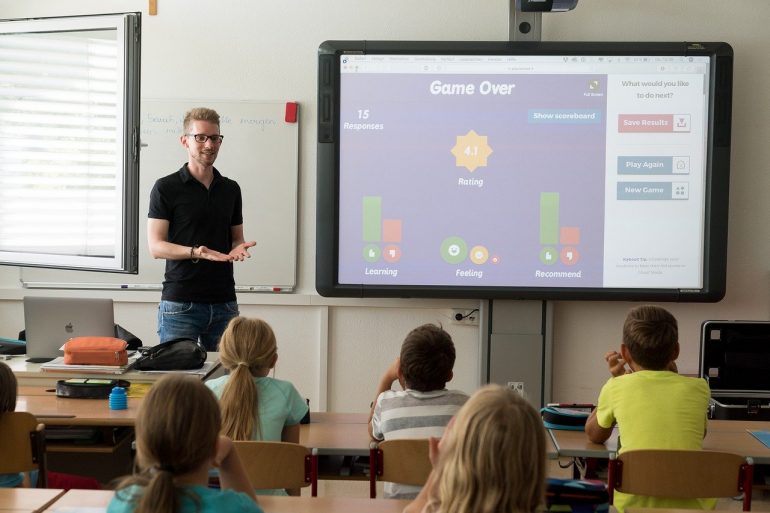School District’s Transformation to “Happyville” | Deming Institute Podcast
- David Langford
- Education, General, Podcast
- 0 Comments
Monta Akin, Assistant Superintendent for Leander Independent School District in Leander, Texas. She was first introduced to Deming when she came across the PBS series "Quality or Else" featuring David Langford. What caught her attention was his Deming-based systematic approach to education, creating passion in students by engaging them in the practice of improvement.














